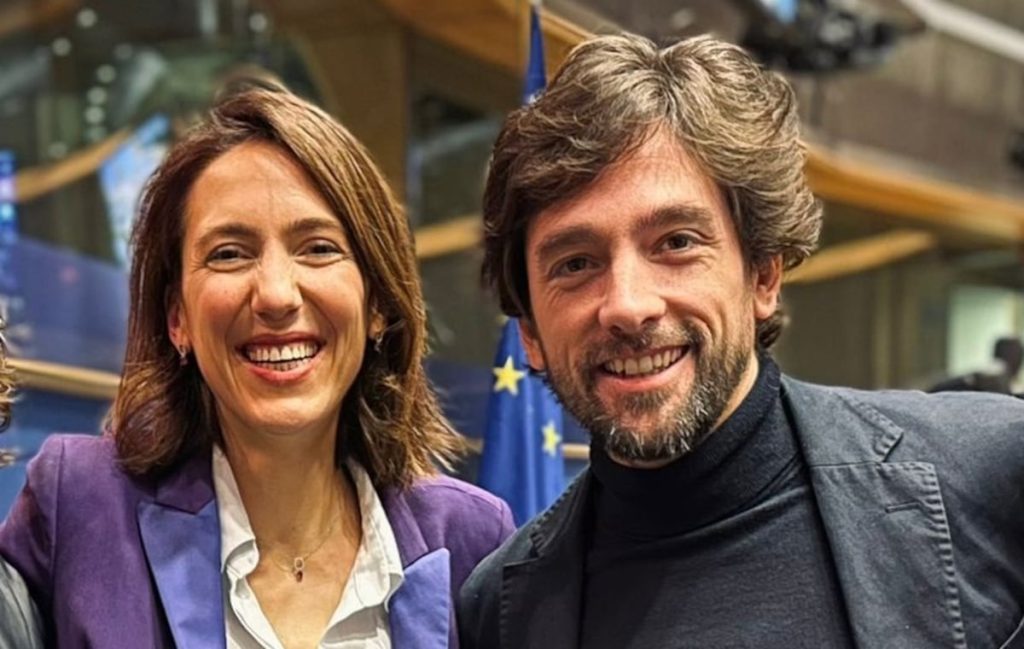It was expected: the umpteenth hostile takeover attempt by the PP against Ciudadanos would happen before the European elections. However, it still hurt, especially because the announcement that three MEPs who were part of the orange party will try to run but in the lists of the Popular Party came during the election campaign in Catalonia. This step was almost taken for granted in Brussels since the breakdown of negotiations between the conservatives and the then leader of the liberals in Spain, Adrián Vázquez, who left his party in March. He and two of his colleagues (Susana Solís and Eva Potcheva) will run on the Popular Party’s lists on June 9. Despite being expected, the news on May 1 darkens the electoral prospects of the liberal family for the June elections.
All the polls for this election anticipate a setback for the political group now known as Renew. They are expected to win less than 90 seats, about 20 less than in the previous elections, although in 2019 they achieved their best historical result: 108 seats, 14.4% of the total. The liberals were a barrier against the rising far-right. Their achievements in France and Spain contributed greatly to this, but now their prospects in both countries are worsening. It will be important for them to maintain some representation in Spain to keep their historic third place. Euro MP Jordi Cañas, one of the founders of Ciudadanos and vice-president of Renew, is confident they will succeed. “Three in Catalonia [in the regional elections] and two or three in the European elections,” he predicts.
The step taken by the three MEPs did not catch European political analysts off guard. They have been flirting with both the PP and Vox over the last 5 years, in total contradiction with their political family in the EU, says Alberto Alemanno, a Professor of European Law. This move will further weaken the liberal group in the next European Parliament, who may lose their position as the third-largest group and end up in fifth place. This could be dangerous as it would mean losing the center, which is a risky move for the liberal family, who has always been part of the moderate coalition that has shaped the EU.
Karel Lannoo, director-general of the European Political Studies Centre, is also concerned that Renew will fall to fifth place in the European Parliament. This would mean losing the center, which is a dangerous prospect for the liberals, a political family that has always been a part of the moderate coalition that has shaped the EU. He points to other countries where liberals are facing difficulties, such as the Netherlands and Germany. However, there are also countries like Poland where the new centrist party Polska 2050 provides hope for Renew to compensate for any setbacks.
Ciudadanos intends to use their presence in the liberal group as a campaign argument for the European elections to keep Junts out. The PNV and the Catalan nationalists have traditionally been part of the liberal ranks, but when Ciudadanos arrived, they promoted the expulsion of Carles Puigdemont’s supporters from the group. The challenge will not be easy, especially as long as the former president remains in exile from Spanish justice. Despite the challenges, Renew still has hope for maintaining their position and influence in Catalonia and Europe as a whole.


